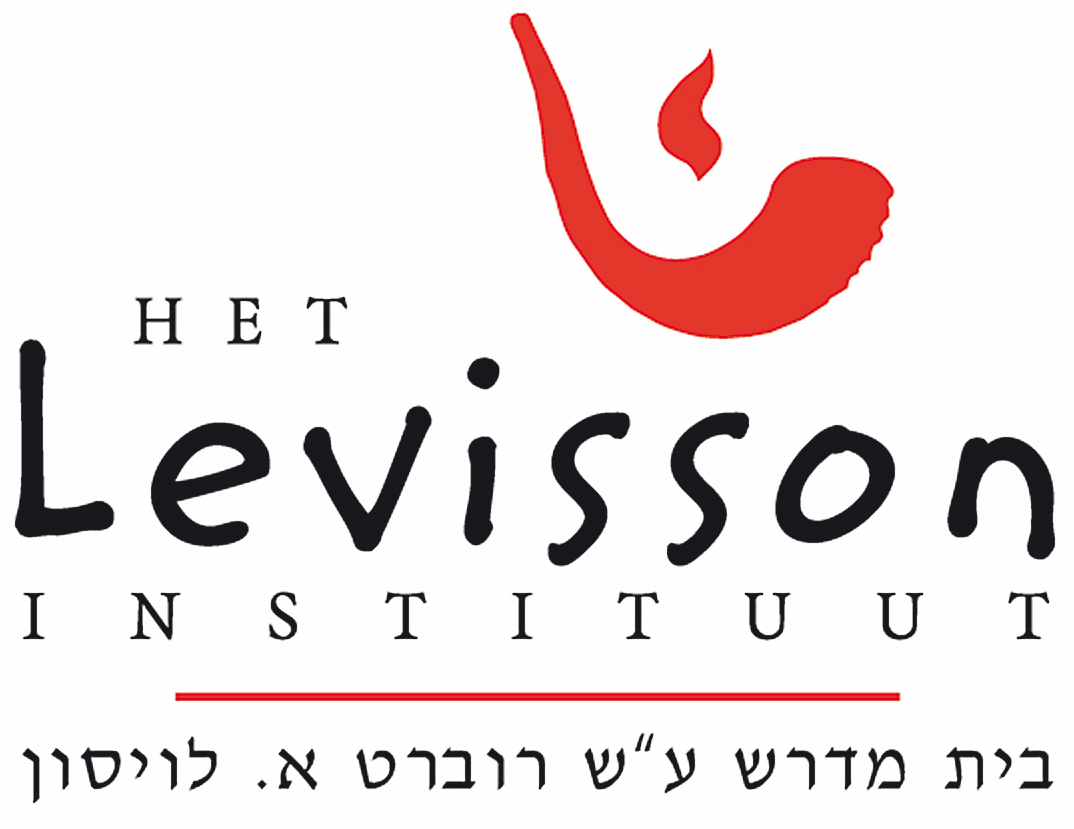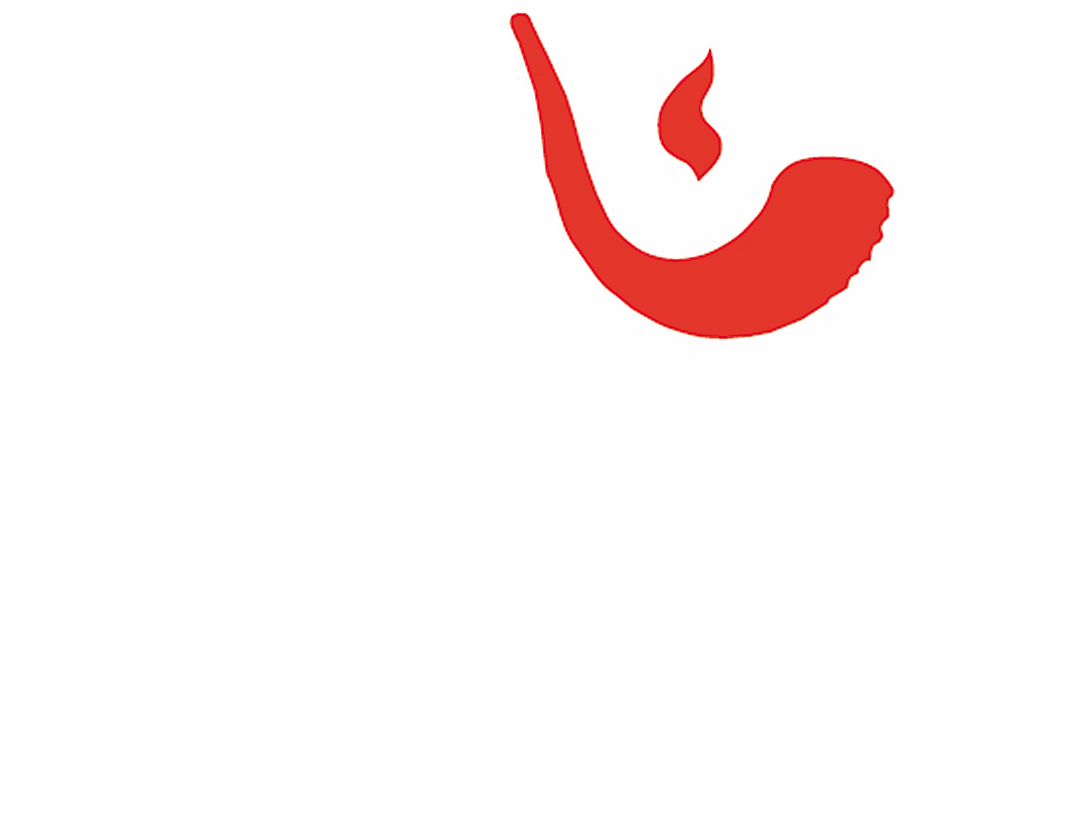Since 2018 the opening of the new academic year combined with the David Lilienthal lecture.
Opening academic year 2017
The opening of the new academic year 2017-2018 took place on Sunday 15 October 2017 in LJG Amsterdam.
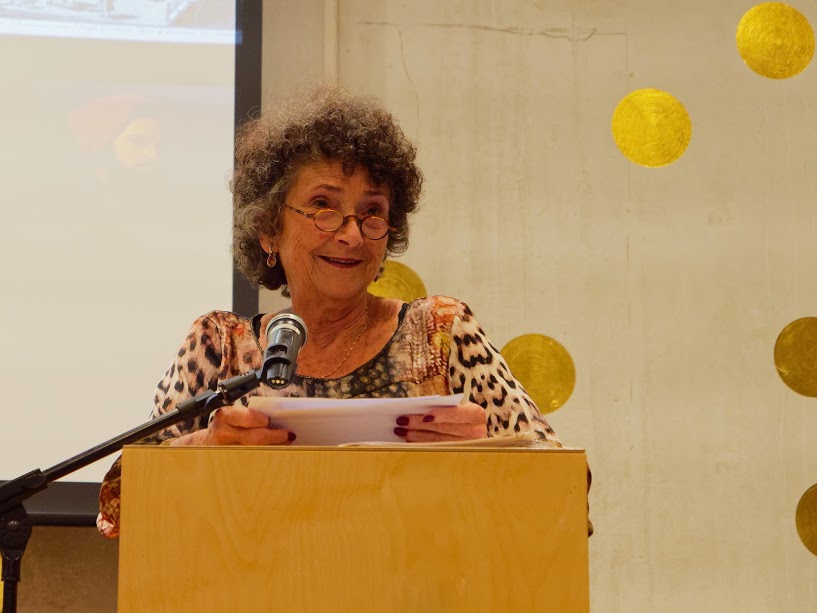
Welcome by chair Ella Wijnschenk-Oesterman.
Guest speaker was dr. Tirtsah Levie Bernfeld.
She spoke about: Rich and poor in Jewish Amsterdam: The Portuguese-Jewish community and her care for the poor in Amsterdam during its Golden Age
Click here for the photo album.
Thanks to photographer Philip Menco.

Opening academic year 2016
The opening of the new academic year 2016-2017 took place on Sunday 30 October 2016 in LJG Utrecht.
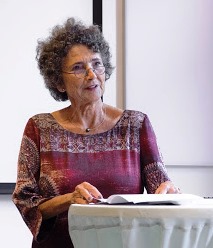
Welcome by chair Ella Wijnschenk-Oesterman.
Guest speaker was Frank van Vree, since 1 September 2016 the new director of the NIOD Institute for War, Holocaust and Genocide Studies.
He spoke about a very topical subject: The Second World War and the dynamics of remembrance – on the crossroad of generations.
According to Van Vree four kinds of remembrances (demensions) exist in the culture of remembrance:
- Individual memory: of the person who experienced it himself.
- Social memory: of family members, friends, community, who didn’t experience it themselves, but to whom it was transferred.
- Cultural memory: e.g. in novels, documentaries, historical books, films, war museums.
- Political memory: institutionalised by the government, e.g. official war memorials, educational programmes.
After the passing away of the first generation two questions come up:
- How vital is the culture of remembrance of the Second World War by the change of generations? New cultural memories (expressions) feed the social memories.
- Which shape change forms the culture of remembrance by the change of generations?
This has far-reaching consequences:
a) A growing fragmentation of interest for the Second World War. e.g. by the 80 war museums in the Netherlands, who just show a small part of the war and not the whole history in all its facets.
b) An increasing importance of specific places and objects, e.g. the house of Anne Frank, monuments.
c) A growing necessity to make the events understandable and recognizable (experience aspects).
Because of the change of generations the culture of remembrance is dynamic. Sinces the 1990s the form of remembrance changed already when you compare the younger generation with their parents. The memory to the Second World War will not disappear after the death of the first generation.
Click here for the photo album.
Thanks to photographer Philip Menco.

Opening academic year 2015
On Sunday 18 October the new academic year of the Levisson Institute was opened in LJG Amsterdam.
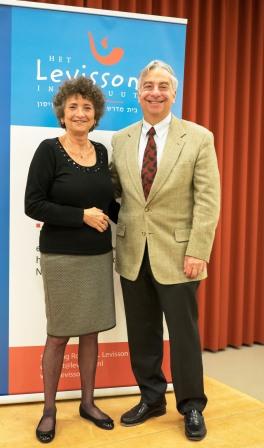
A new chair took office. The ‘old’ chair said goodbye. You see them next each other: Ella Wijnschenk-Oesterman, new chair and Ted Young, leaving chair. Ted Young got a very special present: a Levisson kipah, especially made for him by Jet Naftaniel.
This time guest speaker was prof. dr. Wout van Bekkum, professor Semitic languages and cultures of the Middle East at the University of Groningen.
His lecture was about The family drama in the poetry of the synagogue. the strange behavior of Abraham and Isaac and Sarahs reaction.
See the Powerpoint presentation: Part 1 Part 2
See here the photo album.
Thanks to photographer Philip Menco.
Opening academic year 2014
The start of the new academic year 2014-2015 took place on 27 October 2014 in de LJG Amsterdam.
Guest speaker was Alan Morinis, founder of the Mussar Institute in Vancouver.
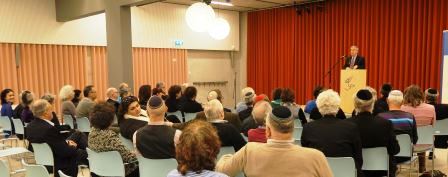
Chair prof. dr. Ted Young opens the academic year.
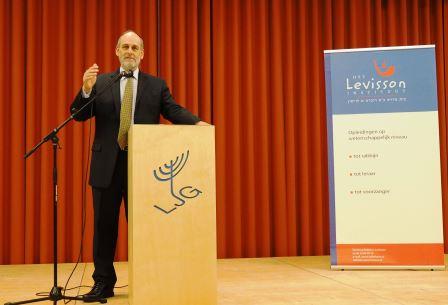
Guest speaker Alan Morinis.
Below you find a film on You Tube in which Alan Morinis tells how he started the Mussar movement.
